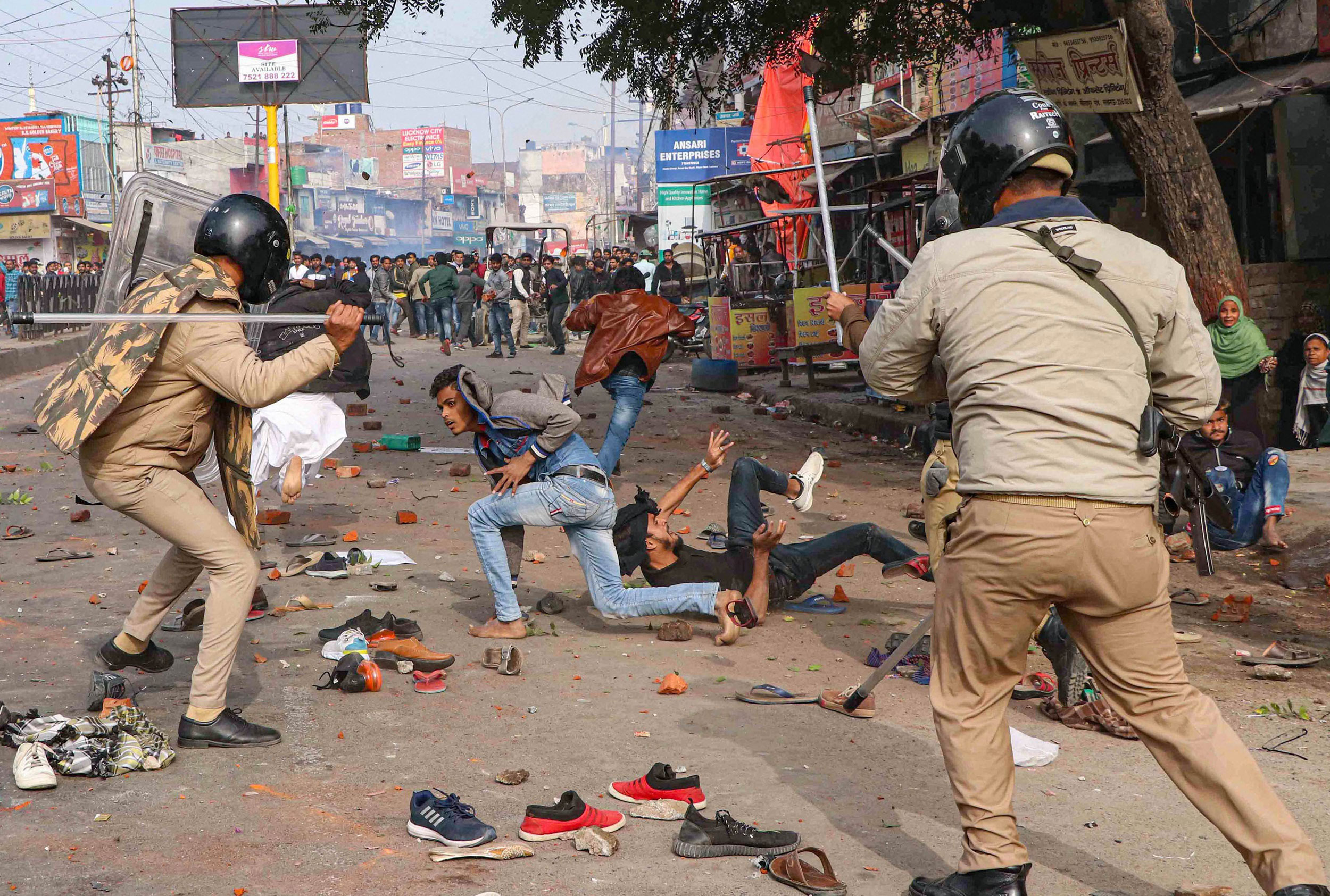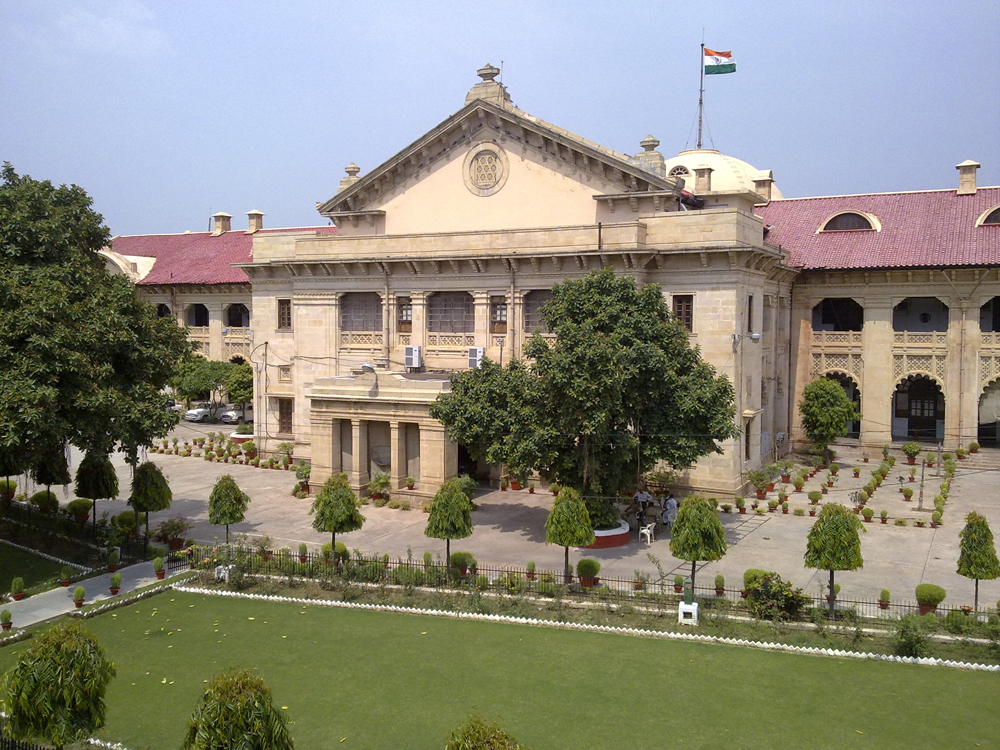In functioning democracies, maintaining law and order must follow established, legal methods of action. This basic tenet, however, seems to find no favour with Indian politicians. While the disregard of this principle assumed violent proportions in Uttar Pradesh — the Allahabad High Court has issued a notice to Yogi Adityanath’s government after taking suo motu cognizance of a complaint alleging that the state dispensation had dealt with protests against the Citizenship (Amendment) Act unconstitutionally — in Haryana, the potential of such a violation came in the form of a proposal from the state’s power minister, Ranjit Chautala. The latter had initially suggested that the children of families that have not cleared their electricity bills should be debarred from sitting for government-based competitive examinations. While such baffling notions of penalization are not specific to Haryana — last year, the Uttarakhand assembly passed a bill barring people with more than two children from contesting panchayat elections — they do represent an insidious practice steadily gaining legitimacy. This practice seeks to penalize citizens, not by invoking the laws already in place for alleged transgressions, but by infringing on fundamental rights. Defaulters can be made to comply using existing penalty mechanisms, which include steep fines and even the disconnection of the power supply. Why were modes of punishment that are patently unconstitutional being considered?
Bill defaults and even power theft are common transgressions. Why have governments repeatedly failed to contain them? Strict anti-theft laws, which include punishments like imprisonment, are already in place. Significantly, elected authorities have also failed to ensure the equitable distribution of the resource; the ambitious Saubhagya scheme was launched by the prime minister in 2017 with a pledge to electrify all Indian households, but rural power supply remains unreliable, and state-owned electricity distribution companies are in the financial doldrums. Is it unreasonable to infer that Mr Chautala’s bizarre proposal fits into a larger mindset of shifting governmental accountability on to the shoulders of citizens? If publicly shaming offenders — in this case, power bill defaulters — becomes a norm, especially when due process has not been followed and regulatory bodies have not done their jobs, the skewed inversion of power in favour of the bureaucracy, and to the detriment of the citizen, will endure.












